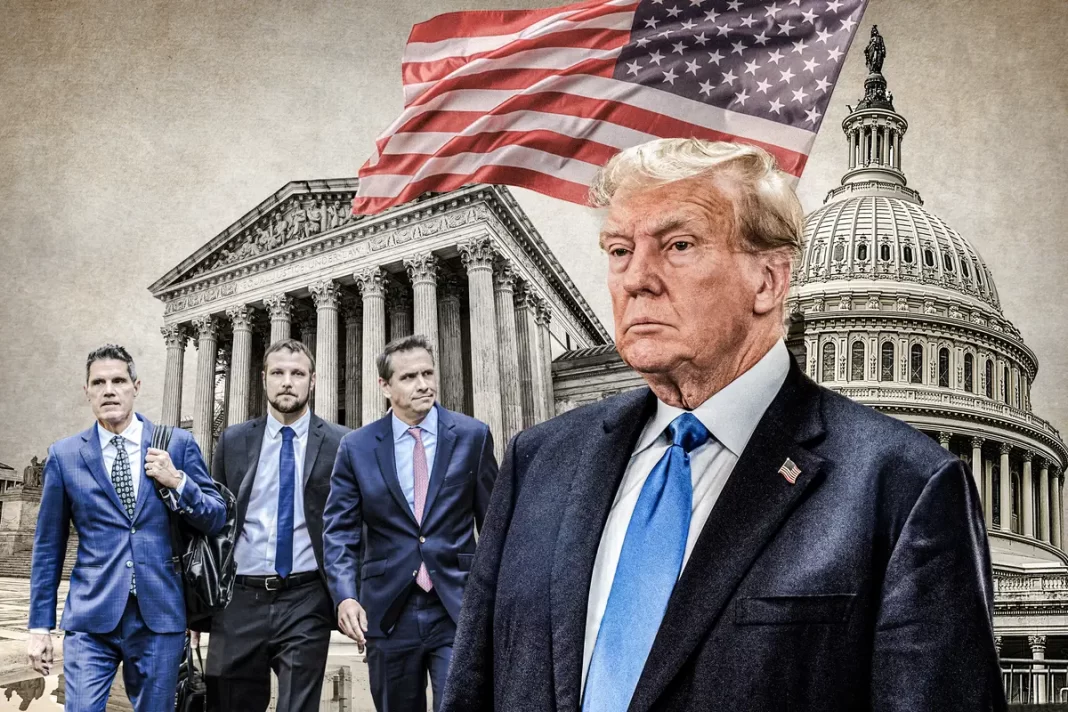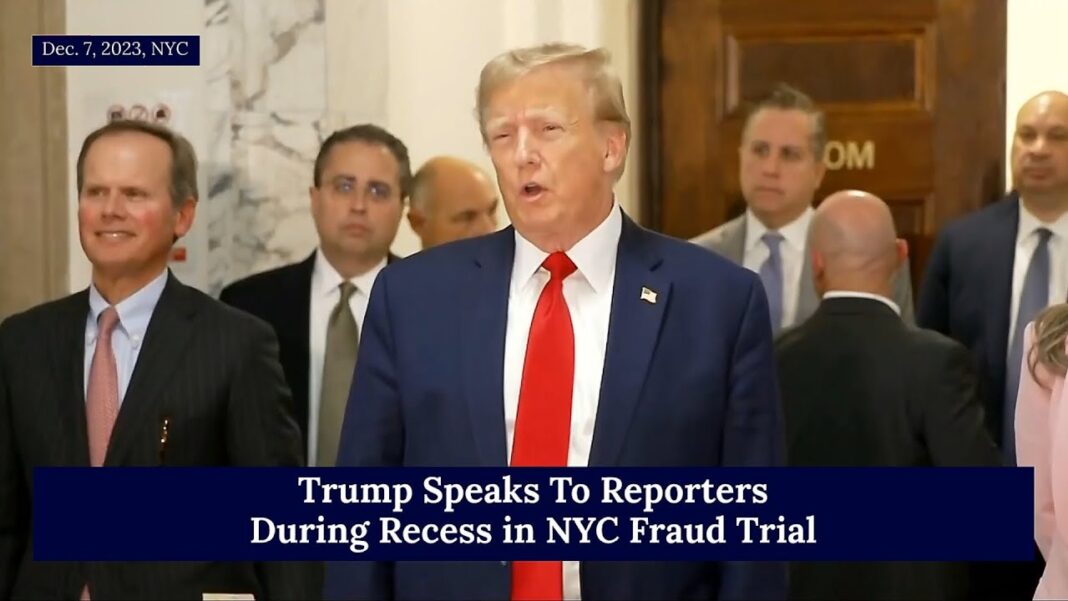While some of President Trump’s arguments for getting the case dismissed are weak, others appear persuasive, according to legal experts.
Former President Donald Trump has several viable avenues to have the Supreme Court throw out federal charges he’s facing for his efforts to challenge the results of the 2020 election, several lawyers and Constitution experts told The Epoch Times.
His best case is that the charges encroach on his First Amendment rights, but he might also successfully assert presidential immunity or argue the law was impermissibly stretched by prosecutors, the experts said.
President Trump was charged by Special Counsel Jack Smith on Aug. 1 with obstructing electoral vote counting by Congress on Jan. 6 and conspiring to do so in order to stay in power.
The conspiracy was allegedly carried out by spreading false claims that fraud and illegalities swayed the election outcome and using those false claims in attempts to convince various officials to overturn the results.
President Trump’s lawyers have launched a barrage of motions to have the charges dismissed on constitutional grounds, statutory grounds, due to presidential immunity, and for malicious prosecution. While some of the claims are weak at best, others appear persuasive, according to the experts.
In practice, however, President Trump’s arguments will need to convince his judge, the appeals court, or, in the final instance, the Supreme Court.
The experts predict that the District of Columbia federal judge on the case, Tanya Chutkan, will almost certainly deny all the motions to dismiss. On Dec. 1, she indeed denied about half of them. They also acknowledged that the arguments would likely encounter resistance in the D.C. Circuit Court of Appeals, given its political leanings.
President Trump’s best chance will be in the Supreme Court, they contend.
Free Speech Argument
President Trump’s lawyers have asserted that the indictment runs afoul of the First Amendment by trying to criminalize political speech and advocacy.
“The prosecution seeks to install itself as America’s censor, with roving authority to criminally prosecute all who speak out against its approved narratives,” the lawyers wrote in a Nov. 22 brief.
“The prosecution has no such mandate. Accordingly, the indictment is unconstitutional on its face and must be dismissed.”
By Petr Svab







